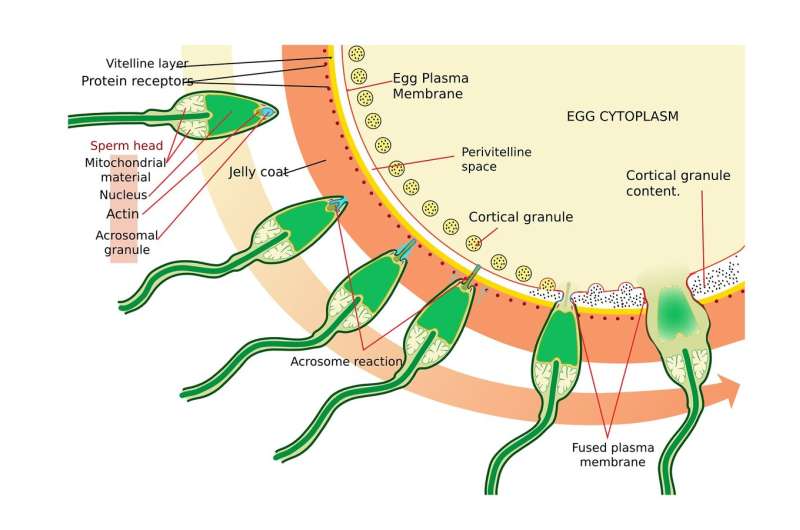New Genetic Target Identified for Recurrent Meningioma Treatment

A groundbreaking study identifies COL6A3 as a key gene driving the recurrence of meningioma, paving the way for new targeted therapies to treat aggressive brain tumors.
Researchers have discovered a promising new therapeutic target for recurrent meningioma, a common type of brain tumor known for its challenging treatment resistance. By utilizing advanced single-cell RNA sequencing techniques, the study mapped the tumor’s evolution over time and its interaction with immune cells within the tumor microenvironment. The findings highlight the gene COL6A3 as a key driver of tumor recurrence and progression. Elevated expression of COL6A3 was linked to increased tumor cell proliferation and interaction with immunosuppressive macrophages, facilitating tumor malignancy and recurrence. This discovery was corroborated by data showing that patients with higher COL6A3 levels had significantly increased recurrence rates, emphasizing its potential as a therapeutic target. The research, led by Professor Jason Kyungha Sa of Korea University College of Medicine, provides new insights into the molecular mechanisms behind meningioma progression and opens avenues for targeted therapies, especially in cases where current treatment options are limited. The detailed findings were published in Nature Communications, offering hope for improved management of recurrent brain tumors.
Stay Updated with Mia's Feed
Get the latest health & wellness insights delivered straight to your inbox.
Related Articles
Emerging Role of Truncated Retrotransposon RNAs and Reverse Transcriptases in Aging Human Brain
New research uncovers how truncated LINE-1 RNAs encode active reverse transcriptases in the aging human brain, revealing potential targets for Alzheimer's therapy.
Understanding Semen Allergies: A Hidden but Common Condition
Semen allergies, known as seminal plasma hypersensitivity, affect many women and can cause symptoms from mild irritation to severe reactions. Learn about symptoms, diagnosis, and treatment options for this hidden condition.
Wegmans Issues Recall for Cheese Products Due to Listeria Contamination Risk
Wegmans has issued a recall for several cheese products due to potential Listeria contamination. Consumers are advised not to eat the affected items and return them for a refund. Learn more about the recall and Listeria risks.
Link Between Cardiac Blood Markers and Future Cancer Risk Uncovered
New UCLA study uncovers how minor elevations in cardiac blood markers like hs-cTnT and NT-proBNP can predict future cancer risk, even without heart disease. Discover the deeper connection between cardiovascular health and cancer.



